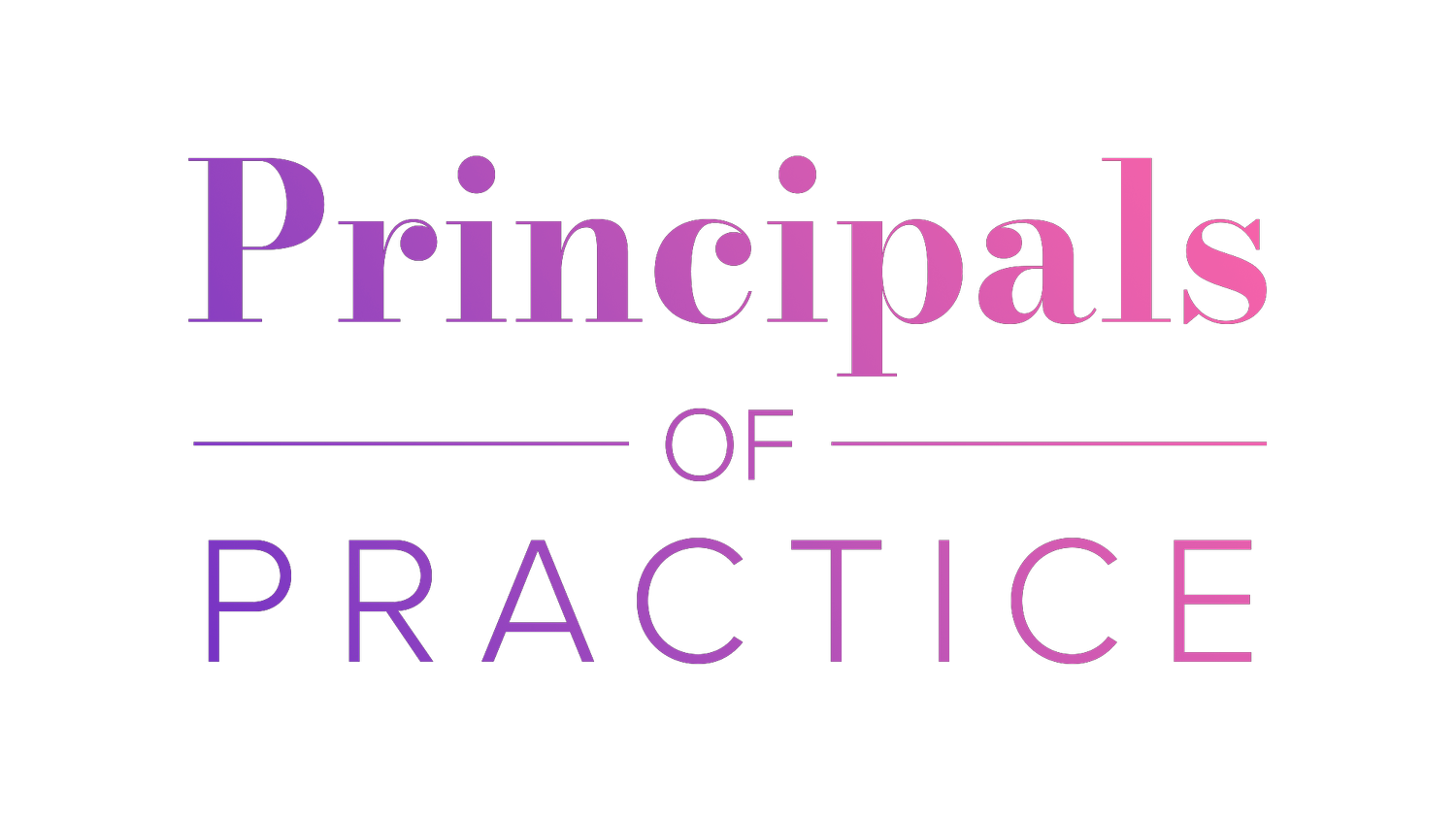GRAVITAS: Revisiting its meaning in order to cultivate it
When people tell me they are seeking to develop gravitas I immediately wonder what this quality actually means to them.
Is gravitas a vague notion of someone who is solemn and dignified or could it mean being poised and confident? Does it look the same when a man has it as when a woman possesses it? Do cultural considerations or vocation come into play? Would a Russian businessman display gravitas differently from a female Brazilian academic?
When gravitas is discussed one of my biggest concerns is the potential impact a focus on gravitas might have on diversity. When we assess ourselves or someone else as having or not having gravitas, what is that saying about us? Is it merely a way to express our beliefs, prejudices and preferences as to how a leader should behave?
Antoinette Dale Henderson, author of “Leading with Gravitas” says: “When talking about gravitas, we have to move on from a vague discussion on whether someone has it or not. This kind of one-sentence feedback can play into stereotypical assumptions about the type of person who has gravitas, meaning that organisations can lose out on retaining and recruiting talented senior people. Instead, we have to be more specific about the attributes that a leader with gravitas would be expected to have.”
A definition that needs redefining
Gravitas is defined as “dignity, seriousness or solemnity of manner”. That dictionary definition provokes a heavy, stern and uninspiring image for me and I question whether it is consistent with common usage of the word. However, I suspect that when people are referring to someone with gravitas they are talking about something more than these three attributes. Take for example the description offered in Manfred Kets De Vries’ INSEAD article “Finding Gravitas”, which described it as “a mixture of poise, confidence and authenticity”.
While gravitas remains an ambiguous concept, it continues to be referred to as a key component of effective leadership and executive presence.
Here are some attributes you can develop in order to help project this elusive quality:
Self-awareness: Are you clear about how you want to be perceived and how you actually come across? Do you have a clear vision, mission statement or purpose that describes what you stand for and what is important to you? Take time to identify your vision and seek feedback to see if this is clear to those around you. What might be getting in the way of you walking the talk?
Credibility and communication: Proven expertise and deep knowledge in your area contribute to the “weightiness” of gravitas. Having said this, you can’t know everything (and it’s developmentally limiting to think you know it all), so identify the areas in which you do hold expertise (or are seeking to develop it) and consider which of those areas resonate the most with your vision. Also, assess how you can communicate your ideas succinctly and powerfully in a way that engages and influences others.
Authenticity: In an attempt to conjure up gravitas I am sure I am not the only person who has tried to adopt someone else’s style or experimented with advice from a well-meaning mentor. How many ambitious women are continuing to lean in so far they are almost imprinting their forehead onto the boardroom table? Once you are clear on your vision and the impact you want to make, how might you be able to convey that authentically? Is there any part of your vision that needs to be tweaked that will help you deliver it more authentically?
Presence: A composed presence might be described as a hallmark of gravitas. What do you need to change to make your presence more consistent with how you want to show up in certain situations? I love the idea of bringing a new hobby into your life to help you embody a type of presence: physically practicing the presence you want to adopt, rather than simply ruminating on it, will help you express how you want to appear. For example, someone seeking more poise might take up ballet or barre classes. Someone wanting to come across as more grounded and serene might start Tai Chi and someone wanting to appear more assertive might begin fencing.
Courage: Are you ready to be seen? Are you prepared for people to know what you stand for and what is important to you? I believe that courage is the element that brings the qualities above to the fore. If you don’t feel ready to be courageous in revealing your vision, how might you need to tweak it, or re-examine what is holding you back from being courageous, in order to succeed?

